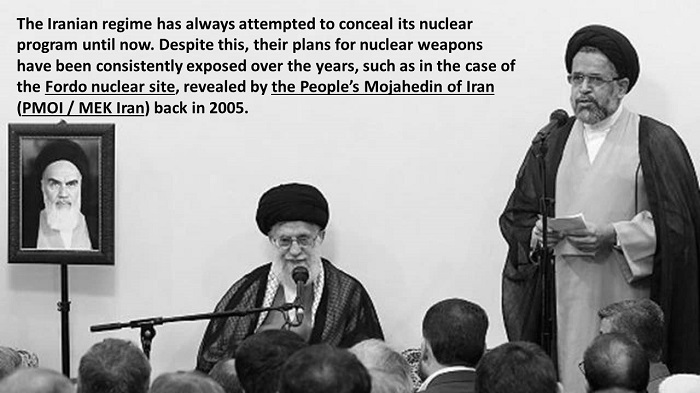
The People’s Mujahedin of Iran (PMOI / MEK Iran), and the National Council of Resistance of Iran (NCRI), reported that on Tuesday, the International Atomic Energy Agency or IAEA revealed that the Iranian regime had significantly increased its stockpile of enriched uranium metal in recent months.
The process of building nuclear weapons
As European signatories to the 2015 Iran nuclear deal acknowledged in reaction to Iran’s initial disclosure that relevant work had begun, the manufacture of that chemical is a vital component in the process of building nuclear weapons.
Britain, France, Germany, and the European Union all issued statements rejecting the Iranian regime’s assertion that the uranium metal was intended for civilian usage, which there aren’t any. However, the tone of those words was clearly insufficient to cause Tehran to reconsider its policy, let alone to halt uranium metal production.
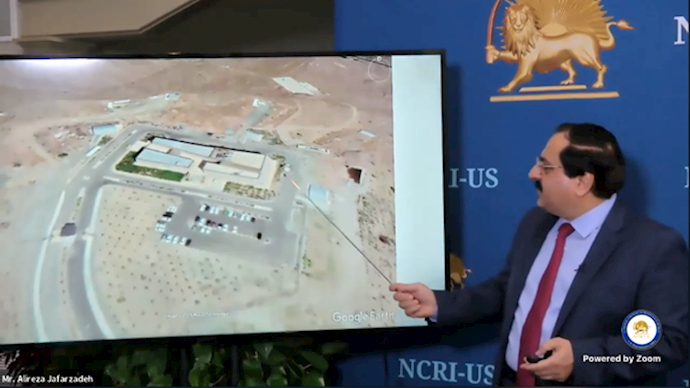
Enrich uranium to 60% purity
According to the most recent IAEA report, the Natanz nuclear complex is now running two cascades of sophisticated centrifuges to enrich uranium to 60% purity. One such cascade has been operating since last year, producing at least 2.4 kg of the material by June.
Outgoing President Hassan Rouhani boasted on state television the following month about the regime’s alleged potential to raise its enrichment ceiling even higher, to the 90% enrichment level required for the manufacture of a nuclear warhead. According to experts, this threshold is just a technical step away from the 60% that Tehran has already achieved.
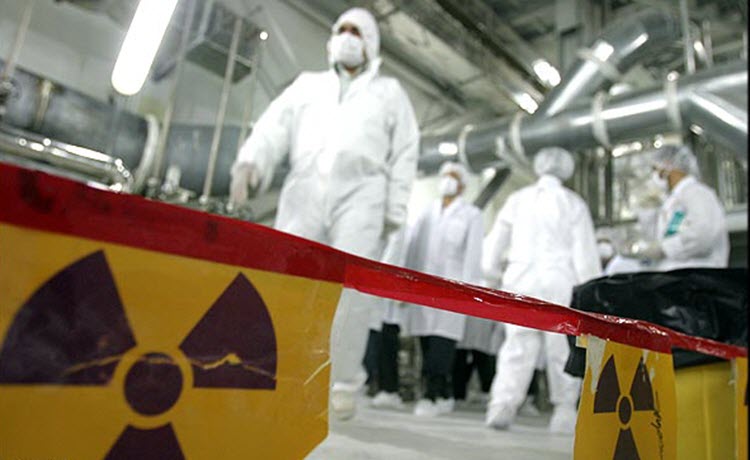
Blackmail the international community
By blaming Western adversaries for Iran’s own behaviour, they hope to blackmail the international community into making large concessions in exchange for the regime’s compliance with nuclear restrictions, rather than insisting on those restrictions first and punishing the regime if it does not comply.
Unfortunately, this technique has previously proven to be fairly effective, with the Joint Comprehensive Plan of Action (JCPOA) serving as a prominent example. In that case, Tehran was granted broad respite from economic sanctions in exchange for the guarantee of self-enforced limits on its nuclear programme. Although most of that comfort was short-lived when the Trump administration pulled out of the accord, it did contribute to the establishment of an expectation of impunity that continues to guide Tehran’s behaviour to this day.
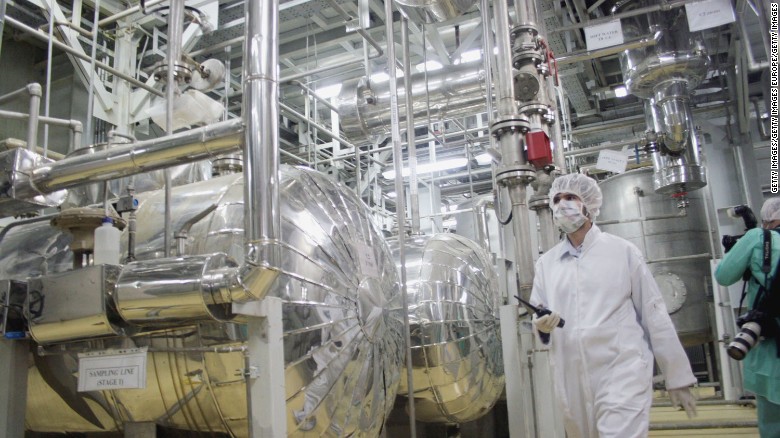
Tehran’s latest nuclear violations
As Western powers consider how to deal with Raisi’s administration in the wake of Tehran’s latest nuclear violations, they must carefully consider whether there is any real value in attempting to re-engage with a government that is most likely planning to escalate its threats and attempted blackmail.
If they continue to negotiate and make compromises in the face of the regime’s obstinacy, they will undoubtedly send the message that the regime’s assumption of impunity is justified.
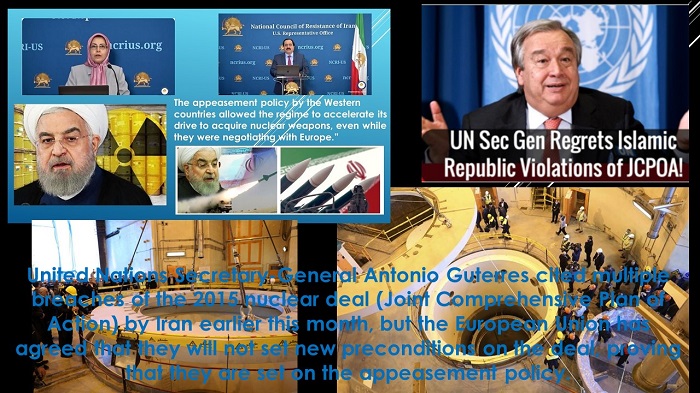
Raisi has bolstered his hard-line credentials
The change of administration in Tehran is likely the best opportunity for a shift in this strategy. Raisi has bolstered his hard-line credentials since taking office on August 5 by picking cabinet ministers that include officers in the Islamic Revolutionary Guard Corps and those who are sanctioned or wanted by Interpol for their prior involvement in terrorism and human rights violations.
It would be very logical for Western powers to take a more proactive attitude in dealing with such a group of criminals. So yet, though, there has been no sign of change. Opponents of the Iranian government must now question what more it will take for the West to confront Tehran with sufficient force.
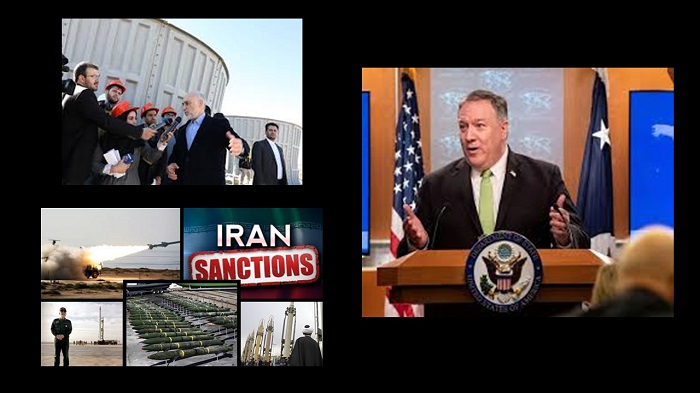
MEK Iran (follow us on Twitter and Facebook)
and People’s Mojahedin Organization of Iran – MEK IRAN – YouTube







